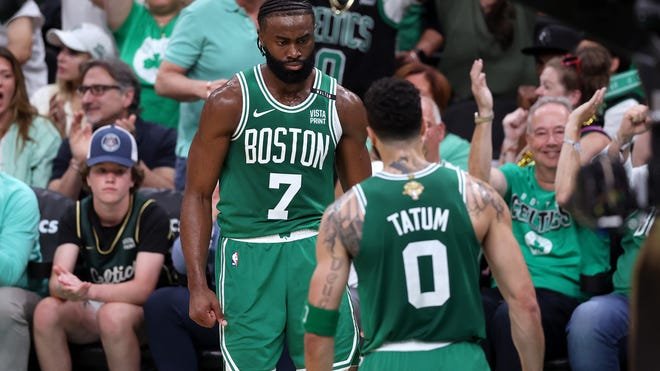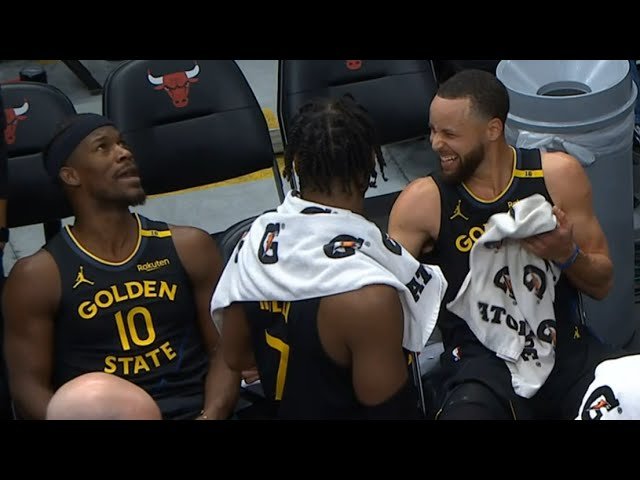
During his time as the Boston Celtics’ president of basketball operations, Brad Stevens has managed a major trade or two.
However, making a significant move was essentially not an option for Stevens and the Celtics with the NBA trade deadline having passed on Thursday afternoon.
The Celtics completed only one trade ahead of the deadline, sending backup guard Jaden Springer along with a 2030 second-round pick to the Houston Rockets on Wednesday. Future second-round selections were also exchanged in the trade.
Aside from that, there was complete silence from the Celtics. However, that was definitely not true for the remainder of the NBA. Teams across the leagues engaged in a trade deadline flurry, with numerous high-profile players changing teams. Certain actions directly affect the Celtics.
Here are four observations about the Celtics from an eventful 2025 NBA trade deadline:
Dealing Springer, who has performed admirably in recent weeks as a defensive energy boost from the bench, indicated the Celtics’ intentions at the deadline, which didn’t involve enhancing an already stacked roster. The Celtics aimed to cut costs, and they achieved this by trading the 22-year-old Springer. Springer’s $4 million deal is excessive for a rarely-used bench player, but the main issue for the Celtics was the impact of Springer’s contract on the luxury tax. Trading him allowed the Celtics to reduce their luxury tax penalties by approximately $15 million, as reported by ESPN’s Bobby Marks.
That’s definitely not an exciting action that will attract much attention. However, the next owner of the franchise is likely to value that trade.
Celtics focus on the buyout market.
Stevens didn’t need to push for a trade since the Celtics already had a strong and skilled lineup. He also has exploring the buyout market in his back pocket as a means to strengthen the roster with a player. Boston will indeed need to accomplish that in the next two weeks, as it currently has 13 players on its roster, which is one less than the league minimum. The Celtics serve as an ideal landing spot for buyout candidates because they are well positioned to secure another championship. Because the Celtics exceed the second apron, they are unable to sign a player from the buyout market earning over $12.8 million.
Celtics’ main rival in the East improved their strength.
The Celtics remained inactive at the deadline, yet their main rivals in the Eastern Conference chose a different strategy. The Cleveland Cavaliers, who started Thursday with a five-game advantage over the Celtics for first place in the East, completed a trade to acquire De’Andre Hunter from the Atlanta Hawks in exchange for Caris LeVert, Georges Niang, three second-round picks, and two swaps.
Hunter provides the Cavs with an additional solid scoring choice, as he is averaging a personal best of 19 points per game this season and hitting 39.3% from beyond the arc. However, he is also a powerful and athletic forward — measuring 6-foot-8 and 225 pounds — capable of assisting in the defense against Jayson Tatum and Jaylen Brown during a playoff matchup.
A lot of pressure continues to weigh on the Celtics.
There’s a reason that Stevens refrained from making any moves, even small ones, at the deadline. The Celtics demonstrated last season that they possess a championship-caliber roster, and Stevens opted to leave it unchanged. This will create significant pressure on the Celtics to become the first team since the 2017-18 Golden State Warriors to win consecutive NBA championships.


